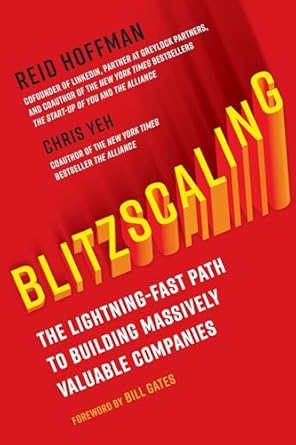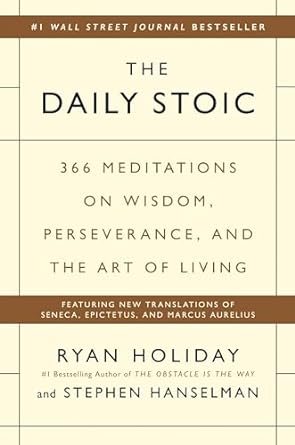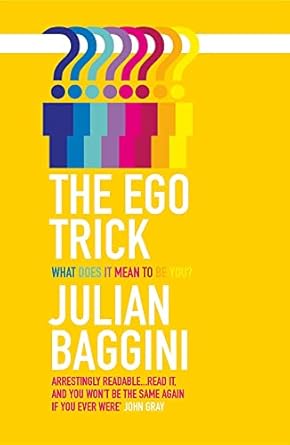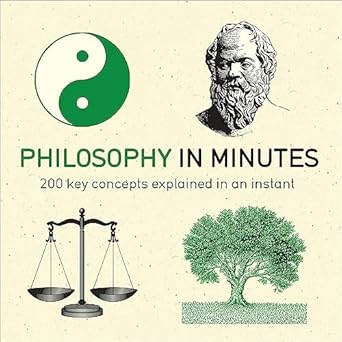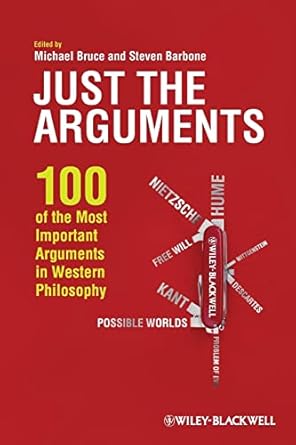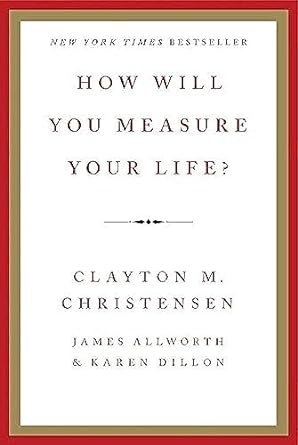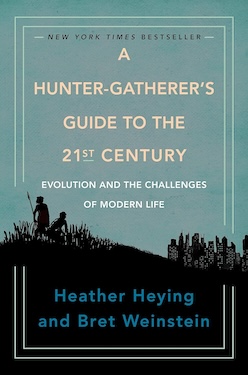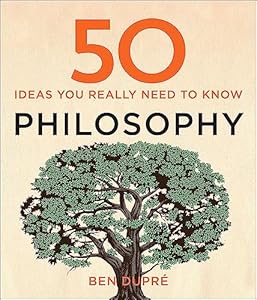Ship of Theseus Paradox
A philosophical puzzle related to identity, first posed by Plutarch, an Ancient Greek philosopher. The Ship of Theseus was an important ship that the Athenians wanted to preserve over a many years. Old, rotting pieces of the ship were replaced with new pieces, until all of the original pieces of the ship were replaced. The question became: is this still the Ship of Theseus? Depending on perspective, the answer can be yes or no.
Key Insights & Principles
Identity
Insights:- Identity often depends on perspective.
- Everything is continuously changing.
- Despite continuous change, things can retain identity.
- Recognise that change is always happening, but depending on perspective, what something is can be maintained over time.
Business
Insights:- Change of personnel can have a huge impact on organisational culture and identity.
- Retaining culture can be most difficult during periods of rapid growth, where the risk of hiring mercenaries (incentivised by money) rather than missionaries (committed to the organisational mission) is larger.
- When building a business, build a Ship of Theseus.

